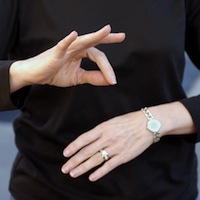
Ambiguity Makes Language More Efficient, Say Scientists
A new study by MIT cognitive scientists argues that ambiguity may be the most efficient way to communicate after all. Instead of speakers having to invent new sounds for single-use words or memorize a large vocabulary, they can simply reuse small words that listeners can easily disambiguate through social or verbal cues.




